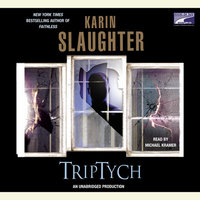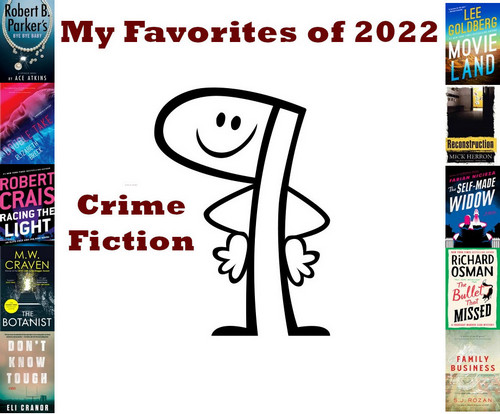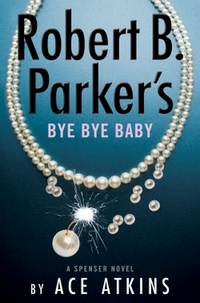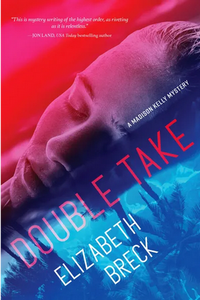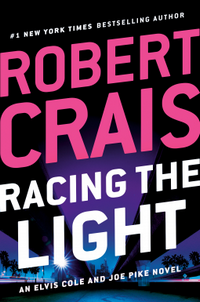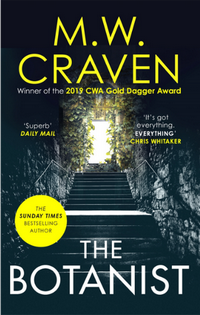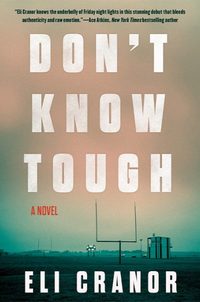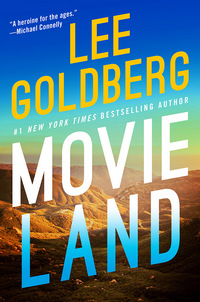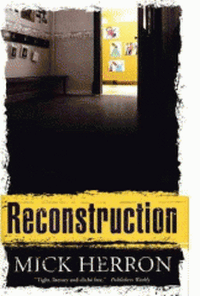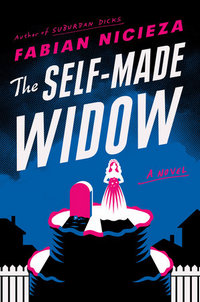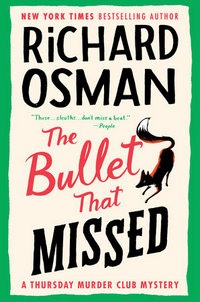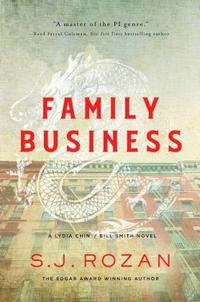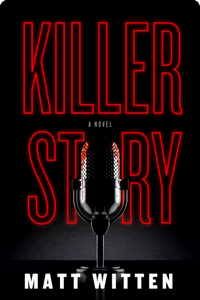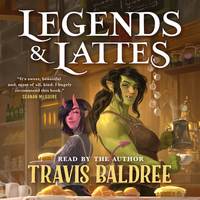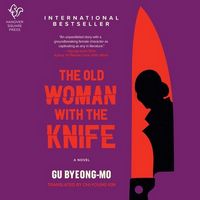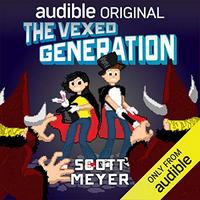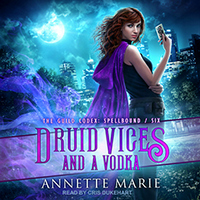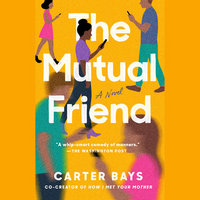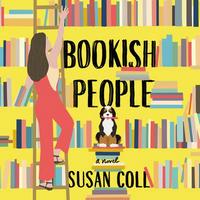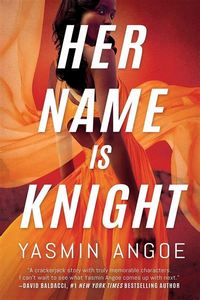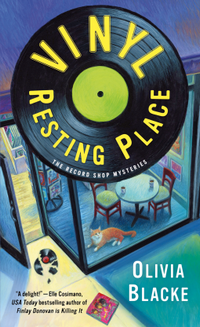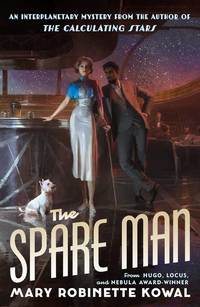(Paul Levine participated in a Q&A about this book after I posted this, you should check it out)
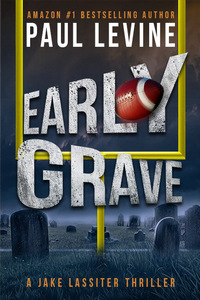 Early Grave
Early Grave
by Paul Levine
DETAILS: Series: Jake Lassiter, #15 Publisher: Herald Square Publishing Publication Date: January 10, 2023 Format: eARC Length: 372 pg. Read Date: December 28-29, 2022

What’s Early Grave About?
Jake and his former teammate Tank are at a High School Football game—Tank’s son, Rod (also Jake’s godson), is making his debut and the two older men are beyond excited. On the opening play, Rod takes a hard hit, and Jake (who suffers from CTE) is concerned that the concussion protocol isn’t being followed, but before they can do anything, play resumes and Rod takes another hit—one he does not get up from.
The two men rush to the field and help the medical professionals until Rod can be taken to a hospital. Rod’s moment of glory has been turned into the worst day of their lives—and it’ll be worse when Tank’s wife/Rod’s mother is informed (no one had told her that Rod was playing football). He’s going to live, but it’s impossible to say whether he’ll walk again—or be able to do much at all.
Jake wants blood—so he sues the school, certain he can get around the waiver Tank signed, and seeks an injunction from the court to suspend High School contact football games until it can be proven that all schools have taken steps to ensure the game is safer.
Tackling Football
No one can blame Jake for the first part of his suit—although many doubt he’ll be able to get around the waiver (Victoria Lord gives him some help on that). But the second part feels like career suicide—he becomes a laughing stock in town, on local radio, in the legal community, and on social media.
I need to stop for a minute and talk about the social media parts—throughout the book, there’ll be news updates on the case which triggers Twitter responses (possibly other sites, but they feel like tweets to me). They are hilarious, in a funny-‘cuz-it’s-true way. This is precisely how the Internet would respond to a lawyer doing this. Levine did a great job on this front.
On a more serious front—if Jake pulls off a miracle here, that will suggest there’s something wrong with the game. If people aren’t being careful enough at the local level, what about college? What about the NFL? Powerful groups and people don’t want this to come anywhere near a courthouse, there’s just too much to lose. Jake finds himself, his associates, and his clients the target of many less-than-ethical endeavors to keep the case from progressing.
The legal aspects of this case are hard enough, but when you throw in the threats, intimidation, and money flying around to stop it? Things get even uglier.
Counseling
Jake and Melissa are in counseling—she’s discovered he’s been hiding medical issues, and who knows what else, from her. The trust is broken and she’s concerned about their future. Their engagement may be on the rocks. Melissa doesn’t have much to do in the primary story, so this is the main interaction we get with her. Through their counseling sessions, we get to see a lot of introspection and some flashbacks to Jake’s childhood.
I don’t know that they add a lot to the story, but these scenes do a great job of exploring parts of Jake’s character we probably wouldn’t be able to see otherwise—once he stops joking around defensively, that is.
Is This is the End?
Given Lassiter’s health, readers had to expect that he couldn’t keep going forever—I even asked about that back in 2020 when Levine participated in a Q&A, he said,
Lassiter told me he retired after “Bum Deal” in 2018. But when his beloved nephew Kip gets indicted for taking other kids’ SAT exams as an imposter, well, what choice did he have but to get back in the courtroom? [that’d be Cheater’s Game] I suspect Jake has one more case in him.
This might be that one more case—it’s being marketed as the last book in the series, anyway. Early Grave certainly feels like it’s the end—in several ways.
Still, since at least the days of Holmes and The Reichenbach Falls, we all know that authors have a tendency to change their minds about ending things. I’m not sure I’d close the book on this series, you never know what Levine might do. If nothing else, there’s room for books between the previously published adventures.
So, what did I think about Early Grave?
It’s probably just as dangerous for an author like Levine to mess around with something like Football as it is for an author to mess with a character’s pet dog or cat. There are some things you just don’t threaten. But Levine (and Lassiter) dance along that nasty third rail with aplomb and panache—throw in some good personal plot lines and some ominous actions from the other side and you’ve got yourself the makings of a solid thriller.
Like with most legal thrillers, the best parts of this novel happen in the courtroom—the reader is treated to great tension, some genuine comedy, and some clever reveals. The lawyers, legal assistants (for the defense), and the judge are just what’s needed for Levine to make this aspect of the novel really sing.
Jake’s a long-established maverick—and he acts like one with witnesses, his opposition, even his clients, and the law. All while dealing with his own ongoing medical issues—you have to wonder at times if Jake should’ve had a second chair just in case he doesn’t survive until the verdict is pronounced. But it’s that maverick nature that’s got him this far in life—and this far in the series, so you know that’s exactly what the readers want.
The conclusion to the case is satisfying—maybe a little credulity-stretching, but at that point, who cares? What happens after that shows Levine’s intentions for the character in pretty definite terms (with a little wiggle room, all that someone like Jake Lassiter needs). The whole thing is about as satisfying as you could want.
My only regret is that I haven’t managed to go back to the beginning so that I can feel the cumulative weight of this series coming to an end. That said, these books are designed to be read as stand-alones, and there’s no reason this couldn’t be the first installment that someone picks up.
Disclaimer: I received this novel from Saichek Publicity in exchange for this post and my honest opinion.

This post contains an affiliate link. If you purchase from it, I will get a small commission at no additional cost to you. As always, the opinions expressed are my own.
![]()



